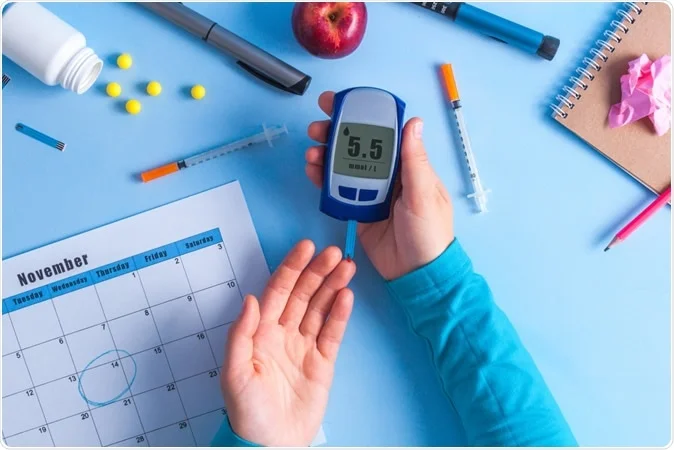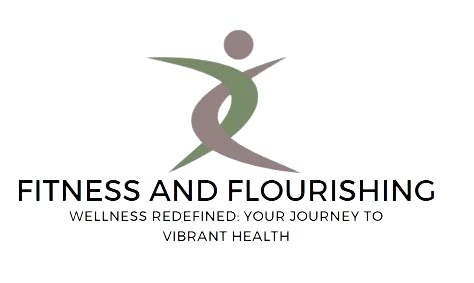Heart disease, the leading cause of death globally, affects millions of people each year. While some risk factors are out of our control, many lifestyle changes can significantly lower your chances of developing this condition. This blog dives into 9 practical ways you can empower yourself and take charge of your heart health.
What is Heart Disease?
Heart disease, a broad term encompassing various conditions affecting the heart, can be broken down into two main categories. The first is congenital heart defects, present at birth due to structural abnormalities in the heart itself. The second, and more prevalent yet preventable, is coronary artery disease. This type arises when arteries supplying blood to the heart become narrowed and hardened by plaque buildup, a mix of cholesterol and other substances. This restricted blood flow starves the heart of oxygen, hindering its proper function.
Heart attack
A heart attack occurs when a sudden blockage in a coronary artery cuts off blood flow to a part of the heart muscle. This deprives the muscle of oxygen and nutrients, causing it to die.
Heart failure
Heart failure arises when the heart muscle weakens and loses its pumping efficiency. This impairs its ability to deliver enough blood, rich in oxygen, to satisfy the body’s needs. As a result, the body’s tissues become starved of oxygen, leading to various symptoms and complications.
Angina
Angina is a warning sign from your heart. It occurs when the heart muscle isn’t getting enough oxygen-rich blood due to narrowed arteries. This lack of blood flow triggers chest pain or discomfort, often described as a tightness, pressure, or squeezing sensation. Unlike a heart attack where tissue death occurs, angina pain is temporary and usually subsides with rest or medication.
Arrhythmia
Arrhythmia disrupts the heart’s normal rhythm. Instead of a steady, coordinated beat, the heart can race, flutter, or beat too slowly. This electrical malfunction can hinder the heart’s ability to pump blood effectively.
Heart Disease Risk Factors
While arterial stiffening is a natural part of aging, other factors significantly elevate your risk of coronary heart disease.
- Age: The likelihood of heart disease rises with age.
- Genetics: Certain genes and a family history of heart disease can predispose you to a higher risk.
- Lifestyle: Unhealthy habits like excessive alcohol consumption and smoking increase risk, while positive changes like increased physical activity and good sleep hygiene decrease it.
- Underlying Health Conditions: Obesity, diabetes, high blood pressure and cholesterol, inflammatory diseases, chronic kidney problems, sleep apnea, and metabolic syndrome are all associated with increased risk.
- Prior Heart Events: Individuals with a history of heart disease or stroke are at greater risk of developing further complications.
The good news? While factors like genetics and aging are out of our control, recent research highlights that modifiable lifestyle choices are the most significant risk factors. In fact, up to 90% of heart disease may be preventable through targeted lifestyle changes. This means you have the power to significantly reduce your risk and protect your heart health!
9 Tips For Heart Disease Prevention
1 Maintain a Healthy Weight
Maintaining a healthy weight is a key lifestyle change for a happy heart. By keeping your weight in a healthy range, you reduce stress on your heart and improve your cholesterol and blood pressure levels. This can be achieved through a combination of healthy eating habits and regular physical activity.

2 Adopt a Heart-Healthy Diet
Adopting a heart-healthy diet as a lifestyle change is one of the most powerful ways to prevent heart disease. This means filling your plate with plenty of fruits, vegetables, whole grains, and lean protein sources like fish and legumes. It also involves limiting unhealthy fats like saturated and trans fats, found in processed meats and fried foods. By making these dietary swaps, you can lower your bad cholesterol, control blood pressure, and keep your heart healthy for years to come.

3 Manage Stress
Chronic stress can wreak havoc on your heart health. It can lead to unhealthy habits like overeating or smoking, and directly contribute to high blood pressure. Make stress management a lifestyle priority. Engage in activities you enjoy, like exercise or spending time with loved ones. Consider relaxation techniques like meditation or deep breathing to keep your calm and your heart happy.

4 Maintain a Good Sleep Schedule
Regularly getting a good night’s sleep is crucial for your heart’s well-being. Aim for a consistent sleep schedule, going to bed and waking up around the same time each day, even on weekends. This helps regulate your body’s natural rhythms, which in turn keeps your blood pressure and stress hormones in check, both of which can contribute to heart disease. By prioritizing quality sleep, you’re giving your heart the rest it needs to stay healthy.

5 Stop Smoking
Quitting smoking is the single most impactful lifestyle change you can make for your heart health. Smoking damages blood vessels, increases inflammation, and raises your risk of blood clots. The benefits are immediate and dramatic. Within just one year of quitting, your risk of a heart attack can be cut in half. The longer you stay smoke-free, the closer your heart health becomes to that of someone who never smoked. It’s never too late to quit and give your heart a fighting chance.

6 Limit Alcohol
While some studies suggest a possible benefit from moderate alcohol consumption, limiting alcohol is generally a safe and effective way to protect your heart. Heavy drinking raises blood pressure, triglycerides (unhealthy fats), and can damage your heart muscle. Even moderate intake can negate some of the positive effects of other healthy lifestyle choices. By cutting back or quitting alcohol altogether, you can significantly reduce your risk of heart disease.

7 Pay Attention to Blood Pressure and Cholesterol
Paying attention to your blood pressure and cholesterol is vital for keeping your heart healthy. These two silent culprits often have no warning signs, making regular checkups crucial. By getting your doctor to monitor these levels, you can identify any issues early. Taking action through lifestyle changes or medication when needed helps significantly reduce your risk of heart attack, stroke, and other complications.

8 Manage Diabetes
Effectively managing diabetes is a powerful defense against heart disease. People with diabetes are at higher risk for heart problems due to factors like high blood sugar damaging blood vessels. By following your doctor’s guidance on medication, diet, and exercise, you can control your blood sugar levels. This reduces strain on your heart and blood vessels, lowering your risk of heart disease and its complications.

9 Take Medications as Prescribed
Taking medications exactly as prescribed by your doctor is a critical step in preventing heart disease. These medications, like cholesterol-lowering drugs or blood pressure regulators, target specific risk factors and play a vital role in keeping your heart healthy. Skipping doses or stopping medications altogether can put your heart at increased risk. Always consult your doctor before making any changes to your medication regimen, and prioritize taking them as directed for optimal heart health.

FAQ
How can I strengthen my heart?
You can strengthen your heart like any other muscle! Here’s a two-pronged approach: First, adopt healthy habits like a balanced diet and regular exercise. This fuels your heart and improves its pumping efficiency. Second, manage stress and get enough sleep. These factors keep your blood pressure and hormones in check, reducing strain on your heart. By combining these approaches, you’ll give your heart the tools it needs to be strong and healthy.
Can heart disease be cured?
There isn’t currently a cure for heart disease, but lifestyle changes and medications can effectively manage it and prevent further complications.
What foods prevent heart disease?
While there’s no single magic bullet, a diet rich in fruits, vegetables, fatty fish, whole grains, legumes, nuts and seeds can significantly reduce your risk of heart disease. These foods are packed with nutrients that can lower blood pressure, cholesterol, and inflammation.
At what age does heart disease start?
Heart disease development can begin subtly in young adults, but the risk significantly increases as we age, especially after 65. Early detection and preventive measures are key for a healthy heart.


